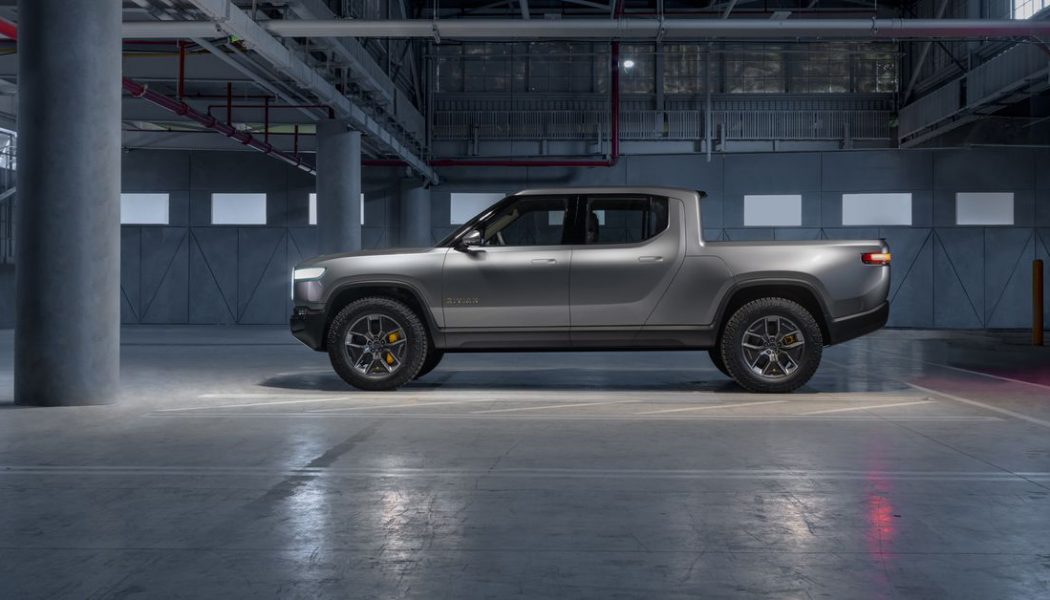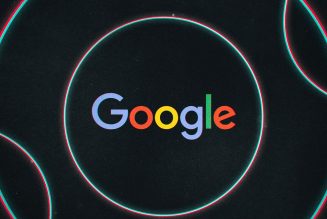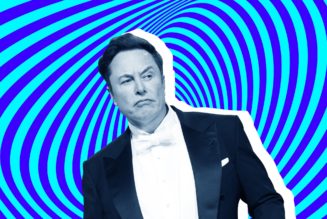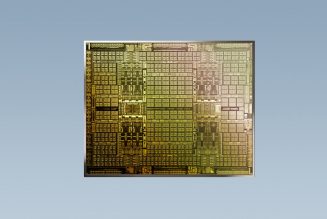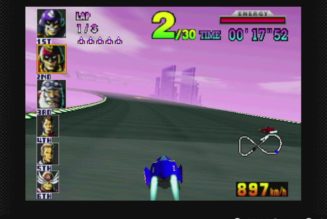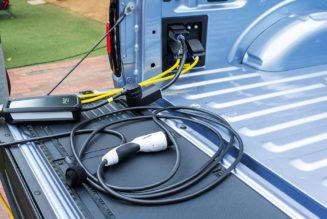
Tesla says it has discovered a “disturbing pattern” of former employees who took confidential information and trade secrets on their way to new jobs at EV startup Rivian, according to a new lawsuit first reported by Bloomberg. Tesla even claims Rivian is “knowingly encouraging” this behavior, and it is seeking unspecified punitive damages for what it alleges is “despicable, wanton, oppressive, willful, malicious, [and] duplicitous” conduct. Rivian calls the allegations “baseless.”
Rivian is perhaps the richest EV startup in the world, having raised more than $5 billion in the last year and a half. It’s slated to start delivering a premium electric pickup truck in early 2021, ahead of when Tesla’s Cybertruck is supposed to hit the road. The company will also start selling an electric SUV at the same time. Rivian has hired some 2,400 employees ahead of this launch from top-flight companies across the automotive and tech industries, including 178 former Tesla workers, according to the lawsuit, with 70 making the jump directly.
The lawsuit, filed late last week, names four former Tesla employees and Rivian as defendants, though Tesla says it has identified additional people who may have also stolen and brought confidential company information to the EV startup.
“We admire Tesla for its leadership in resetting expectations of what an electric car can be,” a spokesperson for Rivian said in a statement. “Upon joining Rivian, we require all employees to confirm that they have not, and will not, introduce former employers’ intellectual property into Rivian systems. This suit’s allegations are baseless and run counter to Rivian’s culture, ethos and corporate policies.”
Tesla says two of the named defendants admitted to taking confidential information. One is Tami Pascale, who was a senior manager in Tesla’s staffing department. Tesla says that one day after Pascale signed Rivian’s offer letter, she “took at least ten confidential and proprietary documents from Tesla’s network,” including candidate lists, information about where the automaker finds potential hires, and a “detailed internal write-up of an executive level candidate.”
Tesla says Pascale initially denied this when confronted by the company’s investigative team in early July, but that she ultimately “confessed to taking the confidential and proprietary documents.” Pascale allegedly did not agree to delete the files, though, and the company claims she still has her work laptop. Tesla says she shared the screen of her phone with one of the company’s investigators, and that when she was asked to search for the company’s name, “numerous files” were visible, but Pascale “abruptly ended the session.”
Jessica Siron, who was a manager in Tesla’s environmental, health, and safety department, allegedly sent documents to her personal Gmail account three days after signing an offer letter from Rivian. Tesla claims Siron initially denied doing this when confronted by its investigative team, but that she admitted to sending one document when pressed.
Tesla’s complaint is light on details about Rivian’s knowledge or encouragement of any wrongdoing, save for the case of Kim Wong, who was a staff recruiter at Tesla up until just a few weeks ago. Tesla claims Wong was contacted by a Rivian hiring manager who told her “Rivian did not have the recruiting templates, structures, formulas, or documents that would be needed” to grow the startup’s recruiting efforts, according to the complaint. The same day as that conversation, Tesla says Wong sent “at least sixteen highly confidential recruiting documents from Tesla’s network to her Gmail account,” including confidential Powerpoint presentations that contained details about the automaker’s recruiting and hiring process, as well as salary information.
Rivian’s associate general counsel, according to Tesla, took a “cavalier attitude” toward the accusations and “claimed that taking confidential information was common in the industry.” Rivian tells The Verge it disagrees with this framing. “In good faith, we discussed with Tesla the seriousness with which we take any allegation. This document misrepresents a conversation between counsel,” the spokesperson said.
Tesla says in the lawsuit that it was able to figure all this out because its investigative team “recently acquired sophisticated electronic security monitoring tools.” Tesla’s investigative team has, over the years, been accused of hacking and spying on employees more than once.
Tesla’s lawsuit is just the latest in what has become a constant stream of trade secret fights among Silicon Valley transportation companies. Most notable was Waymo’s lawsuit against Uber, wherein it accused Anthony Levandowski of stealing troves of data about self-driving cars and conspiring with then-CEO Travis Kalanick to shepherd that data to Uber. (The suit was ultimately settled.)
This is not Tesla’s first trade secret suit, either. It recently settled a lawsuit against self-driving startup Zoox, which resulted in Zoox admitting that multiple employees it hired from Tesla arrived with stolen documents. In 2019, Tesla sued a former employee for allegedly taking trade secrets to Chinese EV startup XPeng. That lawsuit is entering the discovery phase, but the former employee already admitted in a court filing last year that he uploaded Autopilot source code to his personal iCloud account.
A former Apple employee was arrested in 2018 for allegedly stealing trade secrets as he tried to get a job with XPeng, too.
